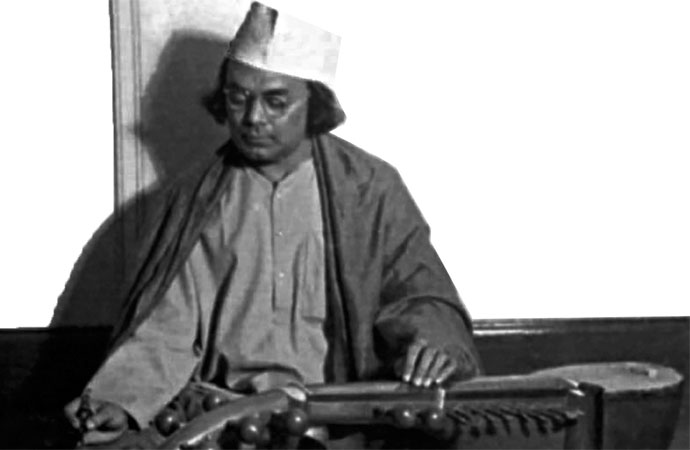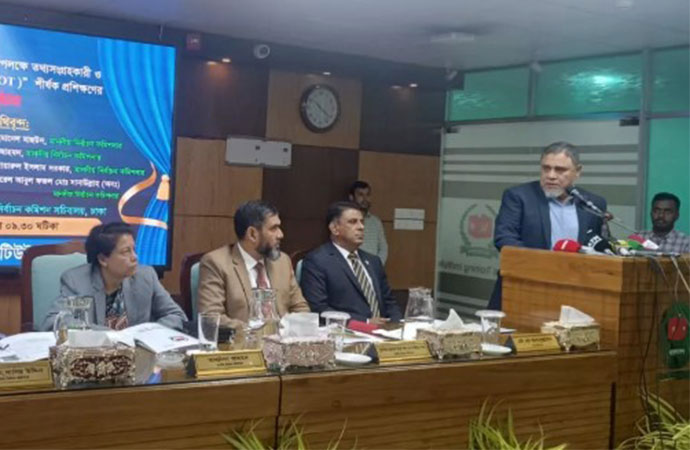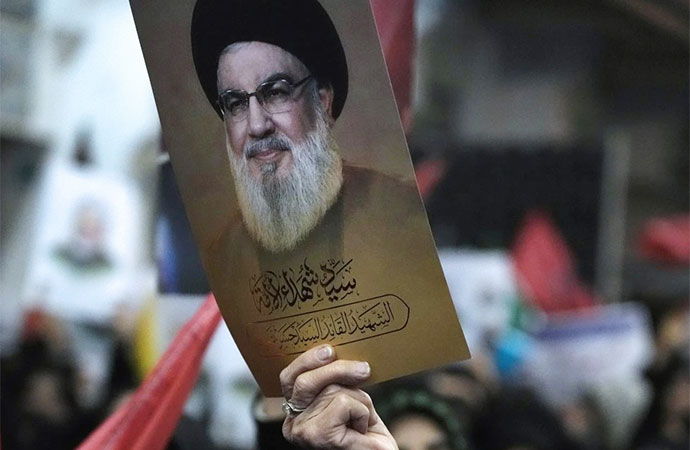Column

Kazi Nazrul Islam the National Poet of Bangladesh. Photo: Collected
News that Kazi Nazrul Islam has been recognised officially as the national poet of Bangladesh evoked a question and a memory. The question: What took the Bangladesh government so long to honour a poet who, even unofficially, represented the heart and soul of the language of Bengal? The memory: my first and last glimpse of Nazrul, who was not only a poet of Bengal but the Bengal of every poet in every one of us.
I was a 15-year-old in 1972 when I heard that Kazi Nazrul Islam would be leaving for Bangladesh from a flat near my home in the Park Circus area of Calcutta. Bengal's cultural adrenaline rushed through me, and I rushed to his residence for a glance at the great man before India's loss became Bangladesh's gain.
The flat was full of people like me. They had heard that he would be leaving, and had gathered to see him one more time. I managed to navigate my way through the thickening crowd till I reached his room.
And there he was: the Rebel Poet, with his large and beautiful eyes, sitting silently on a bed and surrounded by family, friends and visitors. No one was a stranger to any one else in that room. They might not have known each other personally, but they inhabited a common world spread across Nazrul's 500 poems and 2,500 songs. These ranged from raining down poetic justice on British rule in India; to celebrating Kemal Ataturk's abolition of the Ottoman Caliphate; to invoking Ma Kali as the saviour-goddess of Bengal and beyond; and to composing songs that are remembered wherever and whenever Bengalis fall in love or fall by the wayside while chasing love.
Can any Bengali anywhere in this world say that she or he has not been charmed out of her or his self by Firoza Begum's rendition of "Laili tomar eschechey phiriya, Majnu aankhi kholo", "Musafir moch re aankhi jol", "Ami Chiratare Dure Chole Jabo, tobu amare debo na bhulitey", or the Turkiye-inspired "Shukno Patar Nupur Paye"? Which Bengali does not owe his or her lyrical existence in great part to Manabenda Mukhopadhyay's performance of "Bhorer haowa ele", "Adho adho bol", or that supreme masterpiece of Nazrul, "Keno aano phulodor"? There are many other songs and singers, and many other poems and reciters, of course, and they all bear testimony to Nazrul's pan-Bengali provenance.
I had not heard all those songs in 1972. However, I had heard some of them and also recitations of several of his poems, broadcast on radio, during Bangladesh's Liberation War. "Durgom giri kantar moru", "Karar oi louho kopat", and "Chol chol chol" made me long for the liberation of Bangladesh not only because of West Bengalis' affinity with East Bengalis but because of the universal appeal of Hegel's radical affirmation that "history is the progress in the consciousness of freedom". A precocious fellow-student told me this in 1971. I remember saying to him: "Bangladesh needs freedom but, even more, freedom needs Bangladesh."
He was delighted and patted me on the back, but he came to a sudden and very nasty end in that particular school when, in a mid-term examination, he decided to not answer questions in the Physics paper (his best subject among those that placed him first) to write instead on why the success of the Maoist Naxalite revolution in India was necessary to prove Hegel's enduring truth yet again. The principal was not amused and rusticated him promptly.
I missed my friend, but not for long. In the final examinations that year, I failed in the Science stream and would have had to repeat a year but for my fortuitous transfer to the Humanities stream in another school, where I did well enough to make it to the Department of English, Presidency College, Calcutta. As for my revolutionary friend, I heard later that he had excelled in the Bengali-medium school that had enrolled him after all and that he had made his way into the Indian Institute of Technology.
Hegel and Nazrul would have approved of my friend's steely beliefs.
That was then: This is now. But then, as now, Nazrul stood and stands for the freedom to be oneself, whether one is Muslim or Hindu or Christian or Buddhist or agnostic or atheist. Nazrul is against not only colonisation but imperialism, whether the object of the predatory imperialism is a nation, a community or an individual. Nazrul stands for emancipation of the female from male bondage, of the male from patriarchal bondage, of children from parental bondage, of the mind from fear's bondage, of devotion from institutional bondage.
In making Nazrul Bangladesh's national poet, the government has made Bangladesh Nazrul's nation. He celebrated the sovereignty of the human mind. It is a difficult calling.
As a 15-year-old, I caught a glimpse of Bengal's Rebel Poet. More than six decades later, the world has changed, and so have I. But Nazrul has not. He remains a Hegelian poet. Now, Bangladesh has to match up to him by becoming a Hegelian nation.
Only then will Nazrul enjoy his national status.
The writer is Principal Research Fellow of the Cosmos Foundation. He may be reached at epaaropaar@gmail.com

























Leave a Comment
Recent Posts
Pedaling Through the Mangroves ...
The journey from the bustling streets of Barishal to the serene, emera ...
Why the Interim Government mus ...
Two weeks out from what is expected to be a red letter day in the figh ...
Doesn’t matter who thinks what about Bangladesh deci ..
The Other Lenin
US President Donald Trump said his administration
Govt moves to merge BIDA, BEZA, BEPZA, MIDA